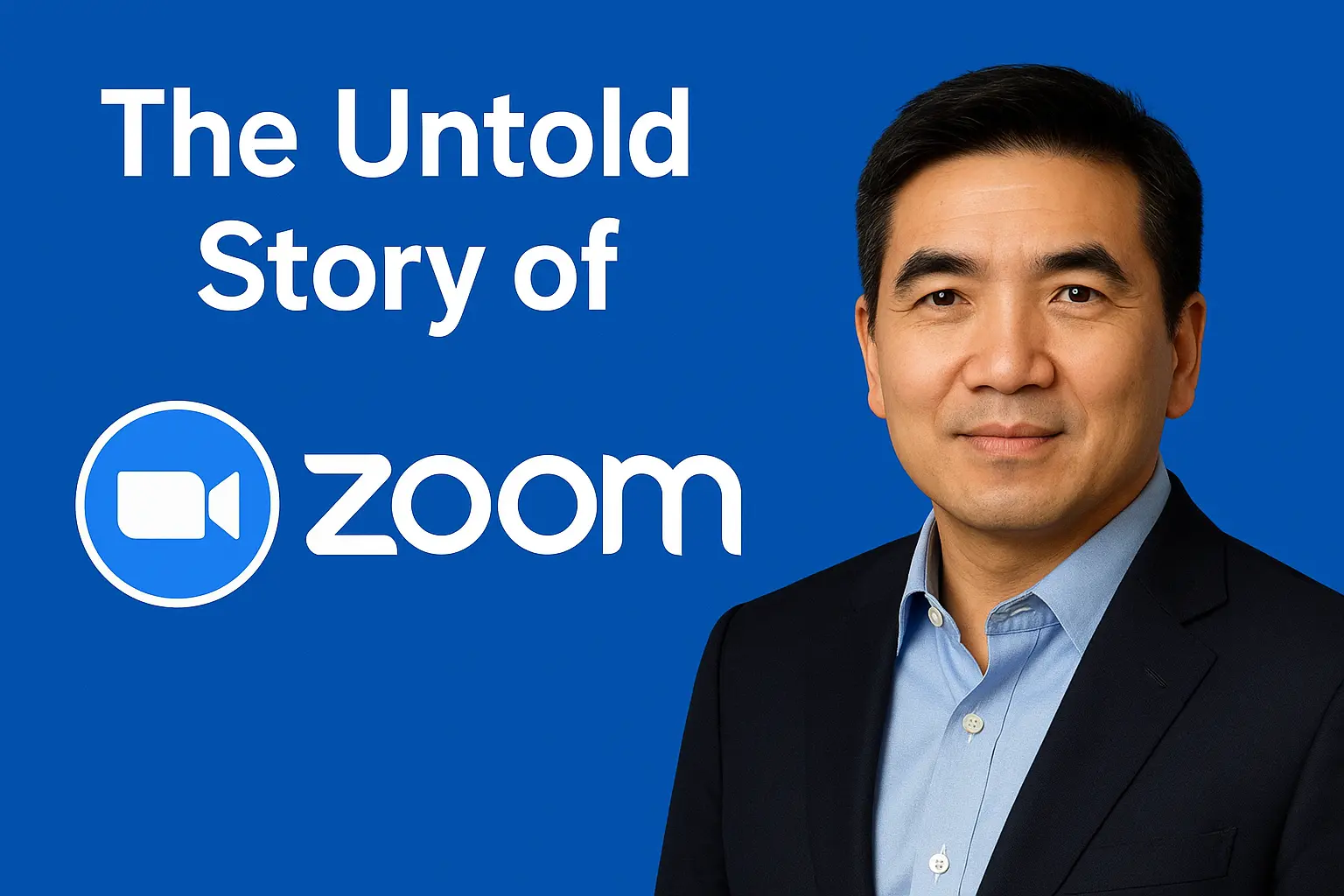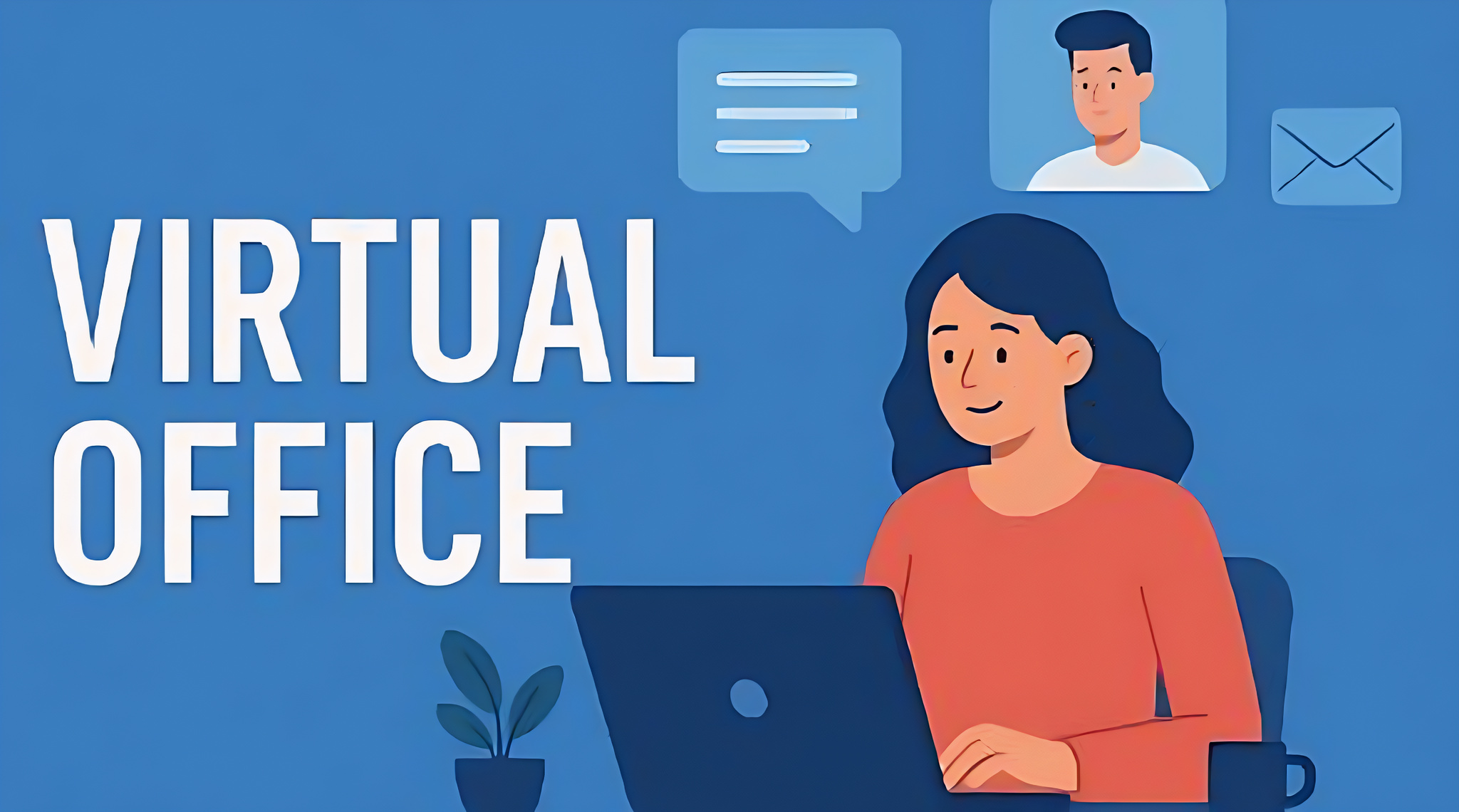Why is loyalty a good trait?
Loyalty is a vital ingredient in any kind of business or relationship. You don’t just need a loyal employee who cares about your business but also needs loyal customers to keep your business thriving into the future. On a more personal level, loyalty refers to commitment and dedication to another, allowing respect and trust to flourish. Loyalty is important in business as well as in personal lives. Today, we will be sharing 13 reasons why loyalty is a good trait.
#1. As we all have high expectations of having a loyal relationship with employees and customers. But today, it seems unpopular in certain areas, but it is an essential quality to possess and, especially, to expect in the business and personal lives.
#2. It is complicated to describe loyalty but easy to identify. Loyalty is a good and valuable asset because it allows us to take the risk of predicting the actions and behavior of one we trust.
#3. You may not always be right to decide who to be loyal to. It is possible that someone can disappoint you or deceive you when you are faithful to them. Despite all this, loyalty always allows you to be true to yourself and your values.
#4. It is tough to be loyal to sometimes and often costs you much. However, loyalty describes who you are and how well you sleep at night. It promises to give a clean conscience and a passive and transparent life.
#5. Loyalty must never be blind nor submissive. Such kind of loyalty is unsound and may put your career in danger. Being loyal is defined as a devoted and vulnerable person, but never naive.
#6. It is important to remain loyal to the past. There is no point in repudiating or hiding from it, and contrary to popular belief, trying to do so commonly only makes our efforts to hide from it that much more evident. Bad experience with former bosses, companies, or colleagues only shows latent disloyalty and alerts others to specific future betrayal.
#7. Loyalty is a super important trait in any kind of business and relationship. You could argue that it is one of the most important. It is all about respecting other people enough to be loyal and stay loyal throughout meaningful work. It shouldn’t be something that is difficult for anyone. If it is, you should be careful about it.
#8. The people you cannot trust, who are unnecessarily disloyal to you, out of habit, or because of shitty reasons. In order to hide their betrayals, such kinds of people fall into a web of lies and give the excuse that they cannot leave, which shows their real face. These kinds of people can let you down at any time.
#9. The most painful of disloyalty is not being loyal to yourself or giving up your dreams trait or cliché. You cannot achieve anything in your life unless you are loyal to yourself.
#10. if there is one thing you cannot forgive or forget very easily, it is disloyalty when we expect much more from them. Now the question occurs, should we forgive them? Perhaps. I leave this decision up to you. But better not to put our trust in them ever again.
#11. Loyalty also draws the line. Setting crystal clear line help people to understand where the boundary is and what is going too far. It helps establish what you mean to your team and what they mean to you.
#12. Being a loyal partner (whether business/personal partners or customers and team) is something you do if you genuinely care about them. It’s not something you will think about or question. It’s just something you do. If you really care about them, you won’t have to go out of your way to be loyal. You always have been/will be loyal to them. And loyalty is a really great thing to have because it indicates how much you are invested and serious about something.
#13. Loyalty allows you to stay focused on what is really important and what you are looking for in your life. It helps to become a down to the earth person and know that you are standing with a team that wants to help your company or your journey succeed as in many ways as they can. Being loyal to your team also defines that you are there for them whenever they need you. Loyalty shows that you want them in your meaningful work journey, and they want to be in yours.
FAQ
- What is loyalty, and why is it important?
Loyalty refers to commitment, trust, and dedication to others—whether in personal relationships or in business. It fosters trust, respect, and deeper connections, and helps maintain stability in relationships and organizations. - Why do people expect loyalty in business relationships?
Loyalty is crucial for building long-lasting and reliable business relationships with employees and customers. It ensures that people are invested in the success of the business and helps to create a supportive environment where mutual trust flourishes. - How can loyalty benefit both personal and professional lives?
Loyalty allows individuals to predict the behavior of others, fostering trust and mutual respect. It helps build strong, dependable relationships and strengthens teamwork, whether in personal relationships or the workplace. - Can loyalty sometimes backfire?
Yes, loyalty can sometimes lead to disappointment or betrayal, especially if misplaced. However, even if others fail to reciprocate loyalty, staying true to your values and beliefs ensures you remain a person of integrity. - Is loyalty always easy?
Loyalty can be challenging and may require sacrifices. It may sometimes cost you time, energy, or resources. However, loyalty is a reflection of your character and offers the satisfaction of staying true to yourself and your principles. - What does “blind loyalty” mean, and why is it problematic?
Blind loyalty means remaining loyal without thinking critically, which can be dangerous. It can lead to harmful situations, like staying in toxic environments. True loyalty should involve discernment, where you are dedicated, but not naive. - Why is it important to remain loyal to your past?
Acknowledging and learning from your past relationships and experiences fosters growth and prevents repeating the same mistakes. Disrespecting your past can signal future disloyalty and can damage trust with others. - How can disloyal people impact relationships?
Disloyal individuals often create an environment of mistrust and dishonesty. Their actions may be driven by selfish motives or attempts to hide betrayal, which can cause irreparable damage to personal or business relationships. - What happens when you’re disloyal to yourself?
Disloyalty to yourself can be one of the most damaging forms of betrayal. When you disregard your own dreams, values, or integrity, it becomes difficult to achieve success or maintain true happiness. - Is it possible to forgive someone for being disloyal?
Disloyalty is hard to forgive, especially when it betrays trust. While forgiveness is a personal choice, it’s essential to remember that trust may not be easily restored. Once disloyalty is shown, it’s often wise not to place the same trust in that person again. - What does loyalty help clarify in relationships or business?
Loyalty helps define boundaries, ensuring that expectations are clear. In both personal and professional settings, loyalty helps people understand their roles and what they can rely on from one another. - Why should loyalty come naturally in relationships?
Genuine loyalty is a reflection of care and investment in the well-being of others. When you truly care, loyalty is not something you need to force—it’s an inherent trait that strengthens bonds. - How does loyalty contribute to long-term success?
Loyalty helps you stay focused on your goals and purpose. It creates an environment where people support each other, collaborate, and work towards shared success, whether in business or personal endeavors. It ensures that both you and your team remain dedicated to achieving mutual objectives.












Leave a Reply